Nawaz rebukes judges for ‘justice to roaming man’
Ex-PM questions rationale behind ruling that increased suffering
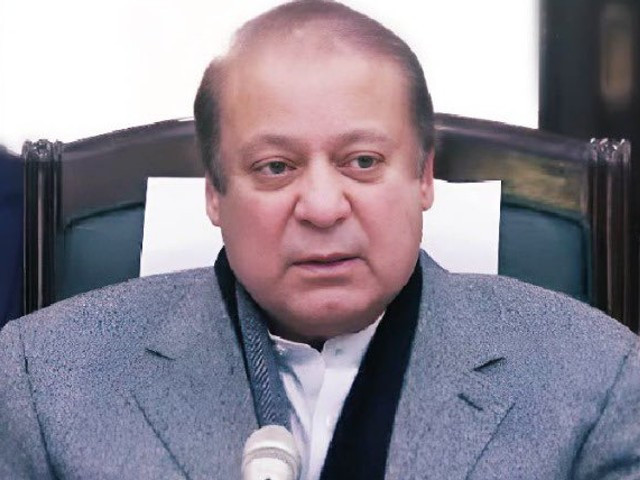
A day after his daughter Maryam Nawaz launched a blistering attack on the judiciary, PML-N President Nawaz Sharif on Saturday slammed the judges for ruling in favour of Imran Khan-led PTI in the reserved seats case, describing it as “justice offered to a man roaming in the street”.
Addressing a high-level session with the Punjab chief minister to review the CM Solar Panel Scheme 2024, Nawaz questioned the need for decisions that have led to increased suffering in the country. He further lamented that Pakistan was on a path to development and prosperity before his ouster from power.
The latest salvo against the judiciary from the Sharifs comes as the ruling party ratcheted up criticism of Supreme Court judges, with many leaders warning of severe repercussions if any attempt was made to rock the boat and destabilise the country. Moreover, hints have also been dropped that the PML-N might take the bull by the horns and confront the top court through the parliament.
On Friday, Maryam Nawaz also lambasted the eight sitting judges of the apex court who green-lighted PTI’s return to parliament and provincial assemblies.
Further, during the meeting on Saturday, Nawaz also expressed his frustration over the financial strains, stating that the country “is not being treated well,” and highlighted the progress made during his tenure, such as eliminating loadshedding and controlling electricity rates.
He also took credit for maintaining a low inflation rate and a stable currency, and for “getting rid of the IMF” program. “Electricity bills have become a burden for everyone, not just the poor,” he said, emphasising the impact of rising costs on the populace.
Nawaz urged decision-makers to consider the welfare of the people and called on Prime Minister Shehbaz Sharif’s administration to do everything possible to provide relief to the masses.
His comments came in the wake of Pakistan securing a three-year, $7 billion bailout program with the International Monetary Fund (IMF).
PM Shehbaz, in his address to the nation, pledged that this would be the last bailout package in the country’s history. The IMF’s Executive Board still needs to validate the program, which aims to cement macroeconomic stability and foster stronger, more inclusive growth.
The bailout has sparked concerns about the impact of tough measures, such as increased taxes on agricultural incomes and higher electricity prices, on poor and middle-class Pakistanis.

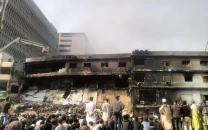
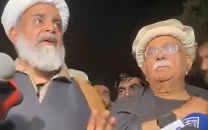

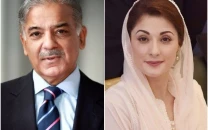

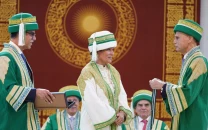
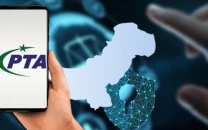

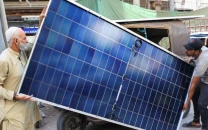
1733130350-0/Untitled-design-(76)1733130350-0-208x130.webp)






COMMENTS
Comments are moderated and generally will be posted if they are on-topic and not abusive.
For more information, please see our Comments FAQ